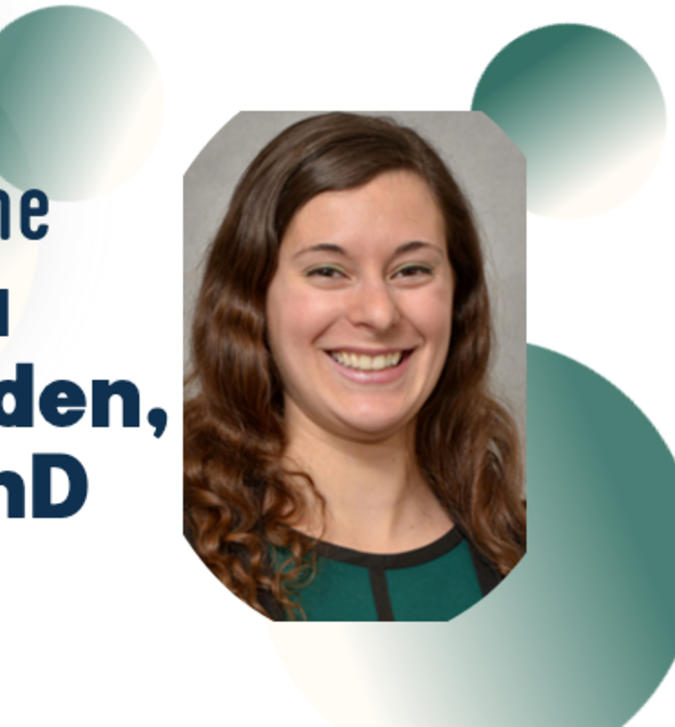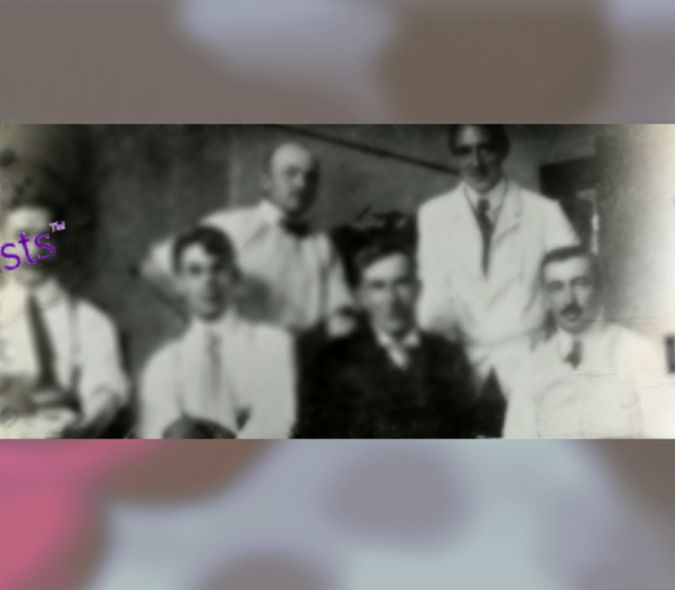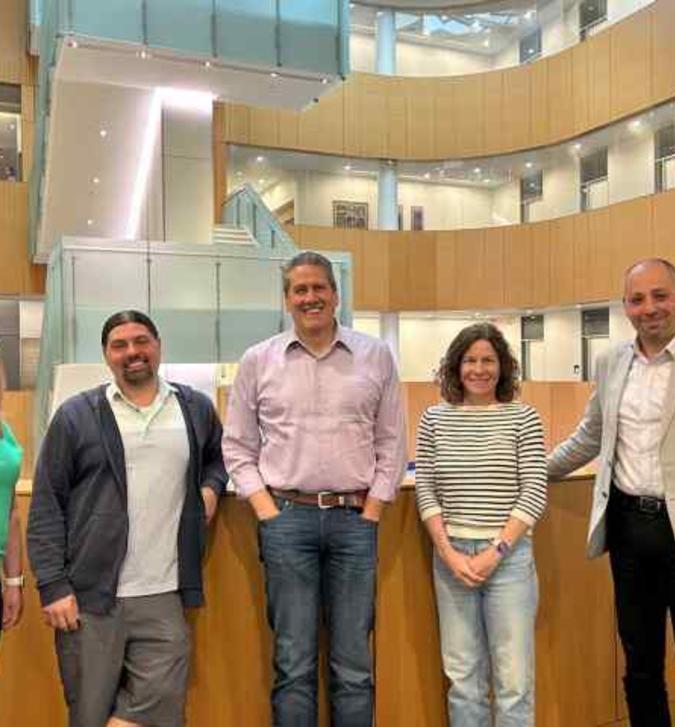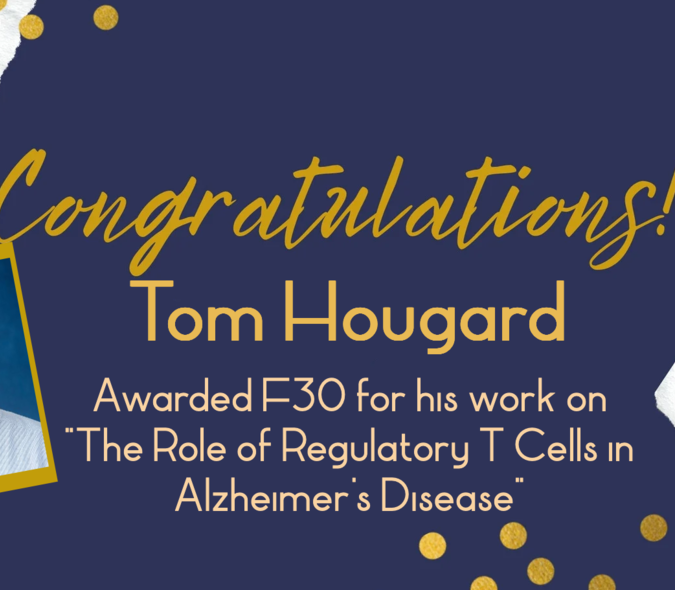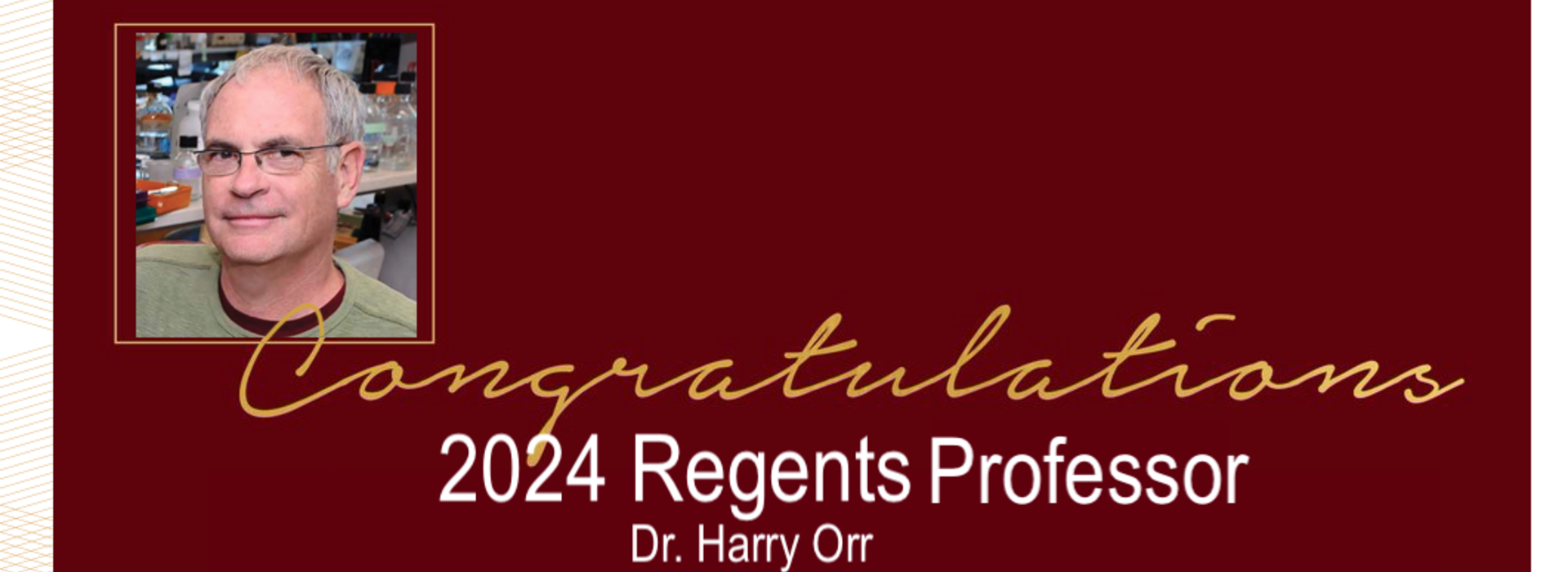
Harry Orr, PhD named 2024 Regents Professor
The Center for Immunology (CFI) proudly congratulates LMP professor Harry Orr on being named a 2024 Regents Professor, the highest accolade the University of Minnesota offers its faculty. This honor highlights his distinguished achievements, including his election to the University of Minnesota Academic Health Sciences Academy of Excellence in 2006, induction into the National Academy of Medicine in 2014, and the 2022 Kavli Prize in Neuroscience.
Established in 1965 by the Board of Regents, the Regents Professorship recognizes exceptional contributions to the University through teaching, research, scholarship, and public service. The title is limited to a maximum of 30 Regents Professors.
Orr joined the University of Minnesota Medical School in 1981. He holds the James Schindler and Bob Allison Ataxia Chair in Translational Research in the Department of Laboratory Medicine and Pathology and serves as the Director of the Institute of Translational Neuroscience (ITN). His pioneering work on the genetics of the immune system led to a significant collaboration with Baylor geneticist Huda Zoghbi on spinocerebellar ataxia (SCA1), a neurodegenerative disease affecting motor coordination and cognition.
Orr continues his research on the molecular genetics of neurodegenerative diseases, particularly SCA1, aiming to translate his discoveries into new therapies. His team discovered that SCA1 is caused by an expansion of a cytosine-adenine-guanine (CAG) sequence in DNA, leading to an expanded polyglutamine tract. This finding resulted in the creation of the first transgenic mouse model for SCA1, demonstrating that the mutant ataxin-1 protein accumulates in the nucleus of Purkinje cells, contributing to the disease's pathology.
Orr's team is exploring experimental therapeutics, including RNA interference (RNAi) and adeno-associated virus (AAV) vectors, to reduce ataxin-1 expression in Purkinje cells. Delivering these therapies to the central nervous system, especially to the deep cerebellar nuclei where Purkinje neurons are concentrated, is a significant challenge. The team's expertise with AAV vectors aims to ensure sufficient therapeutic uptake by these cells in future human trials to benefit patients.
For more information on Dr. Orr's research: publications
